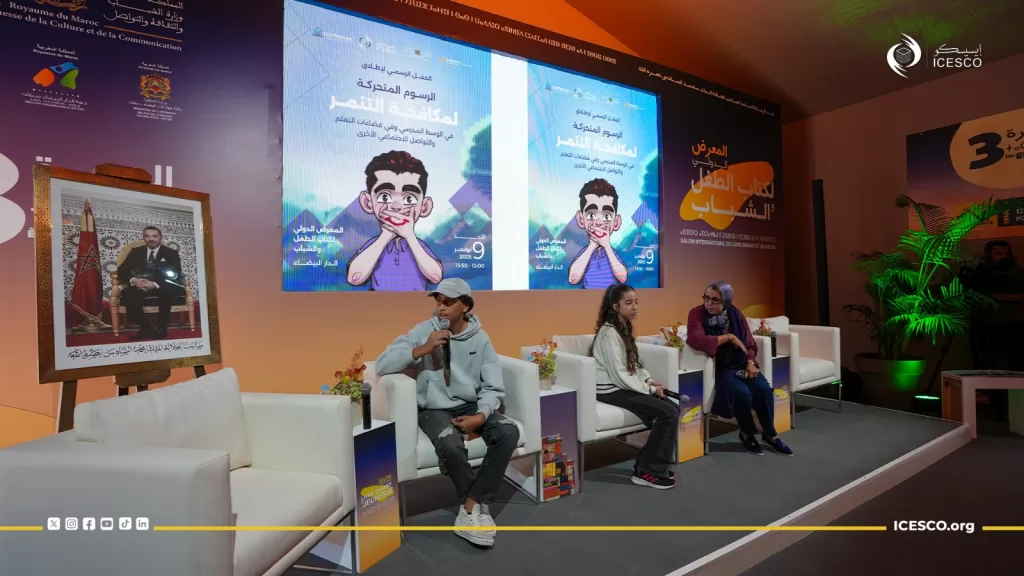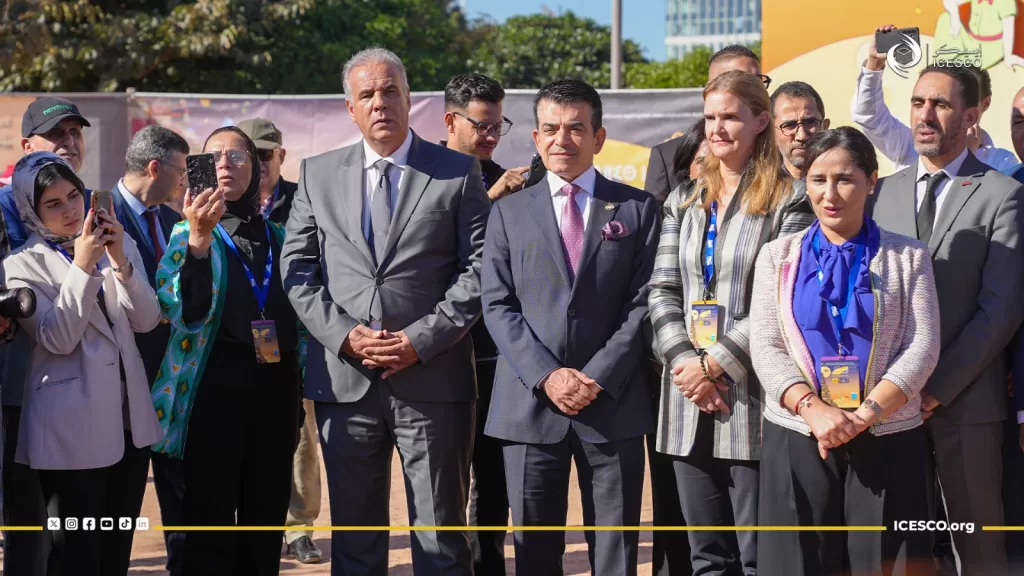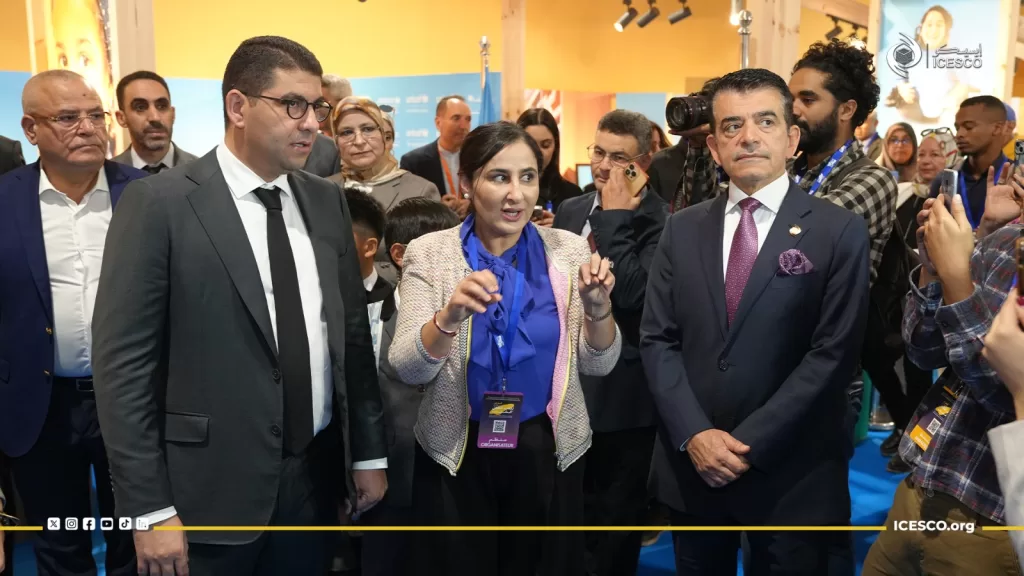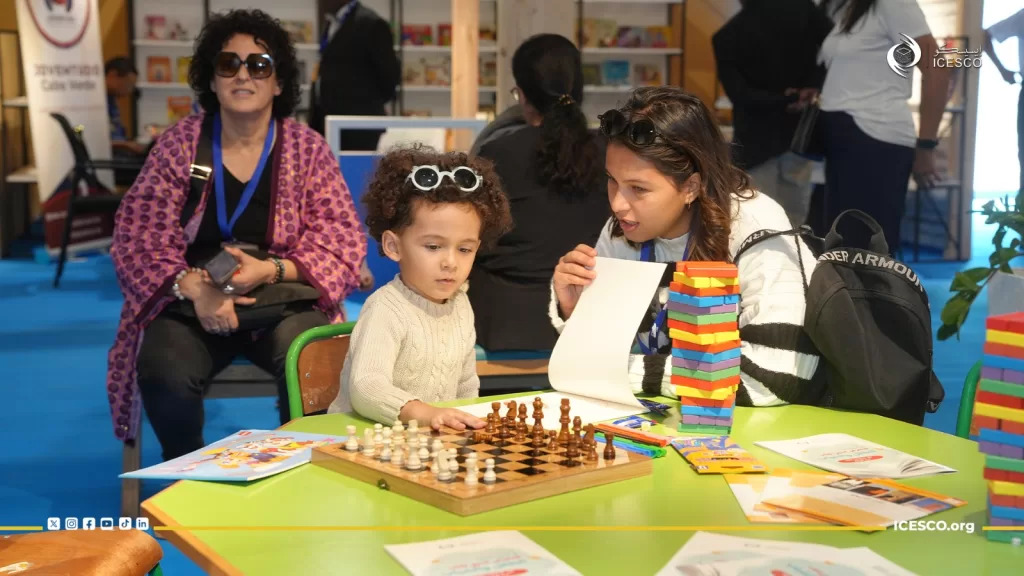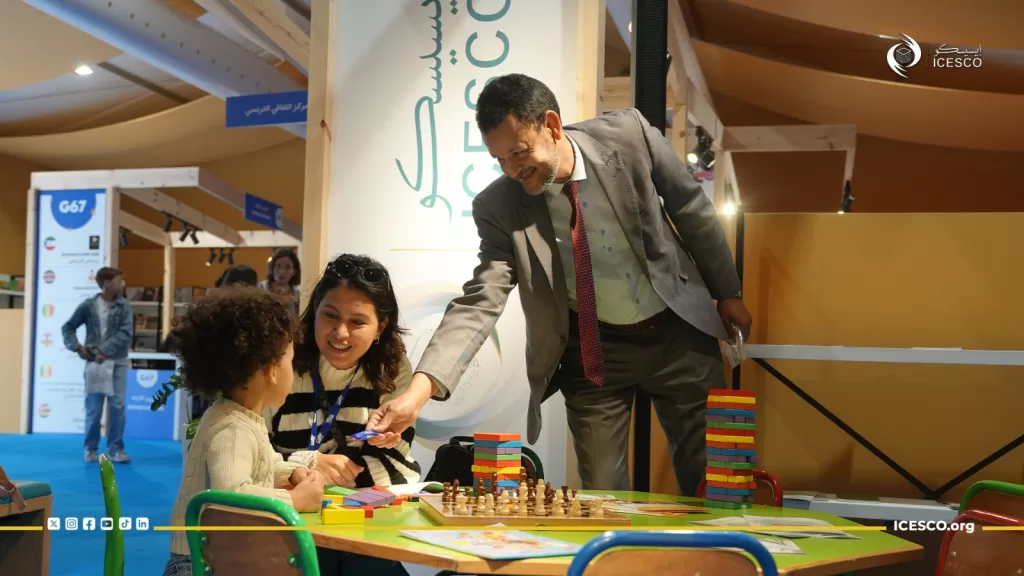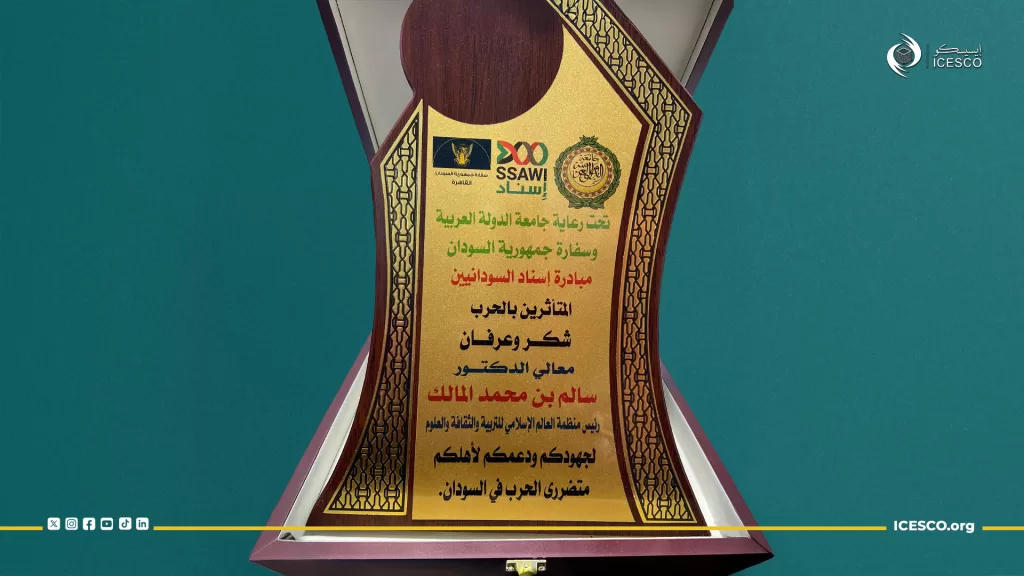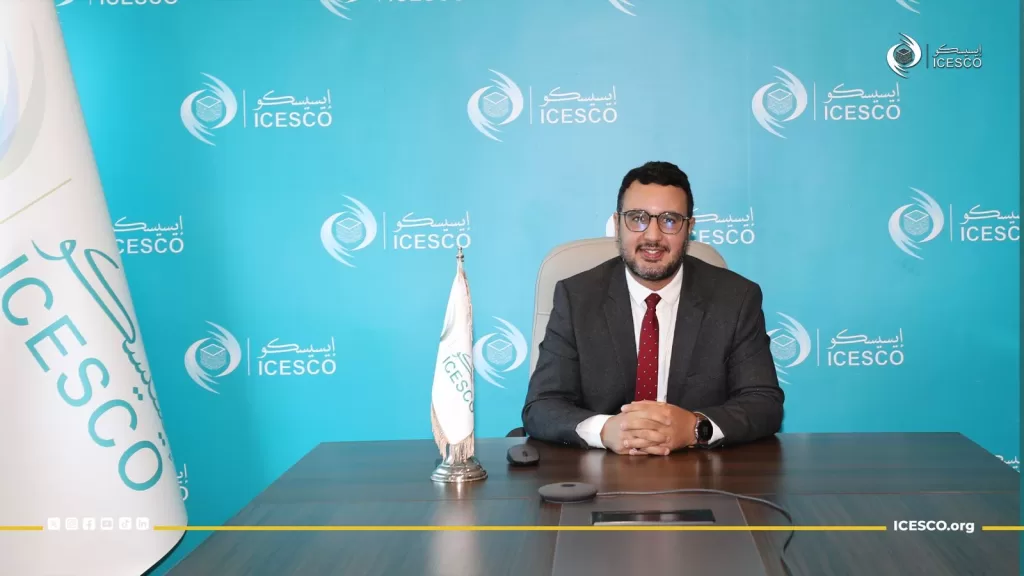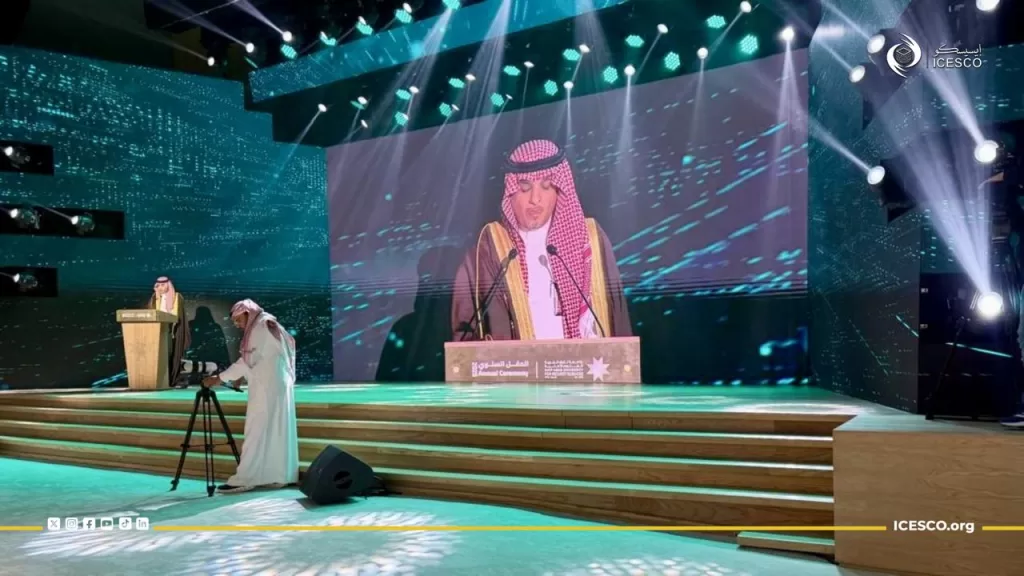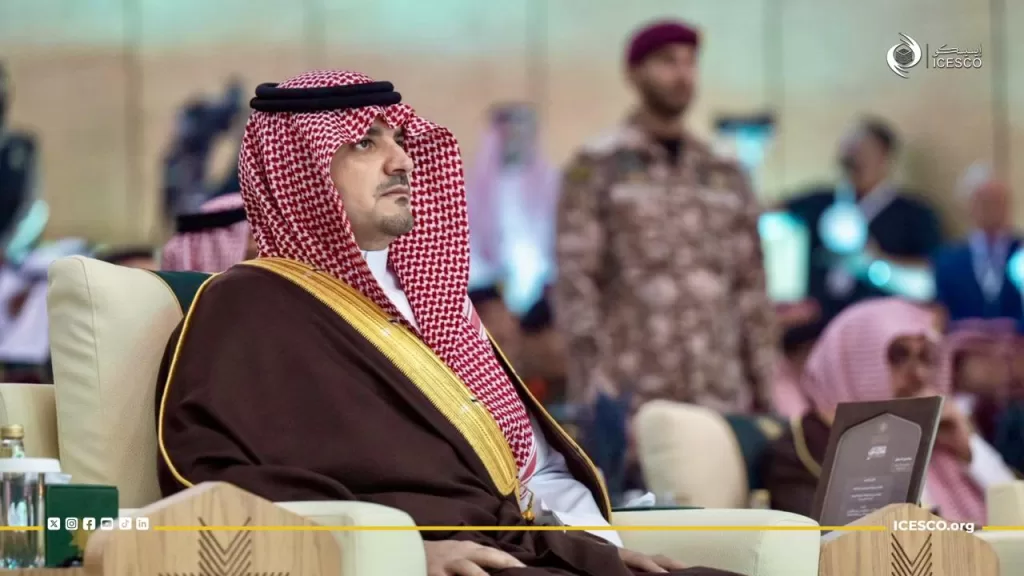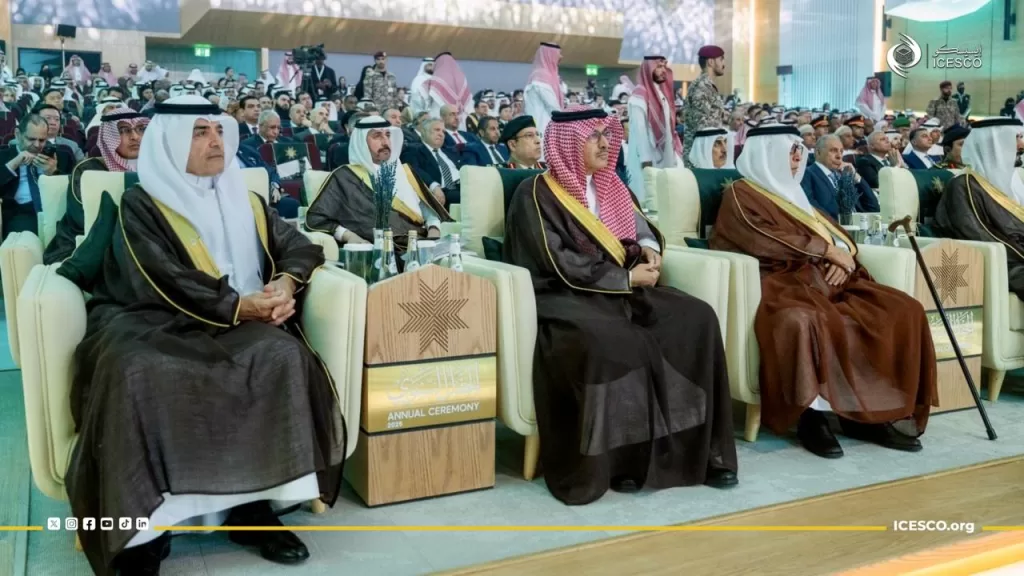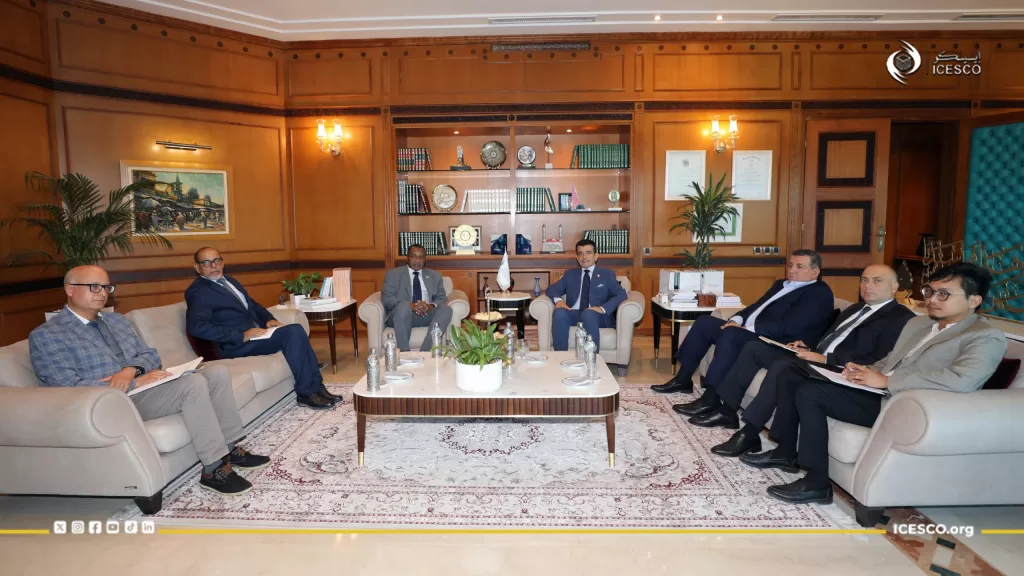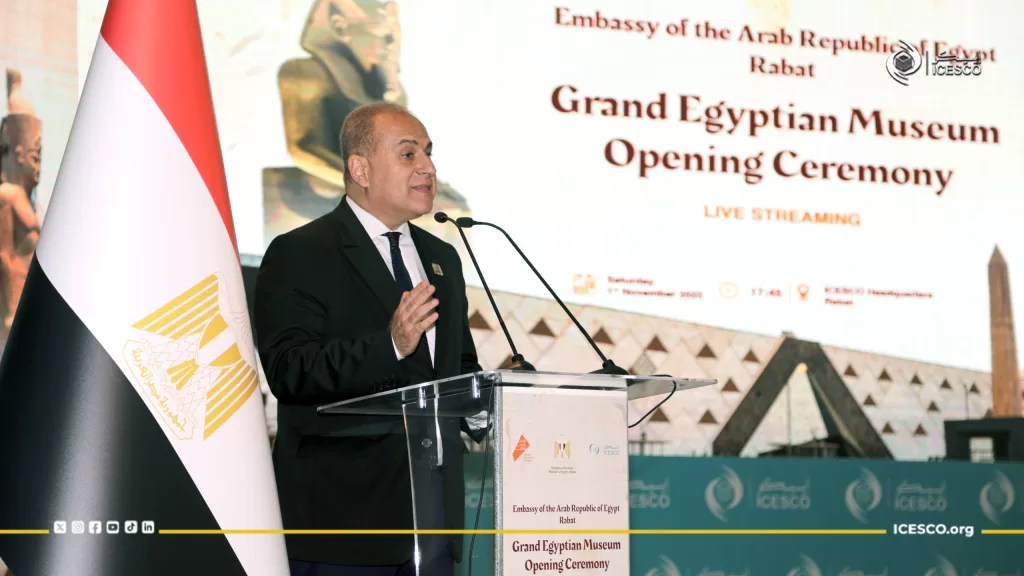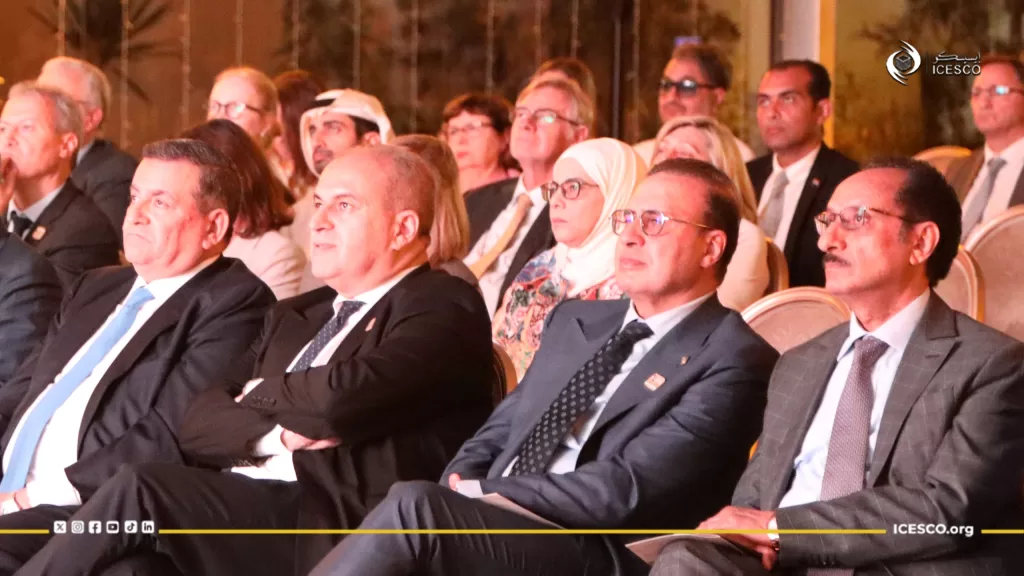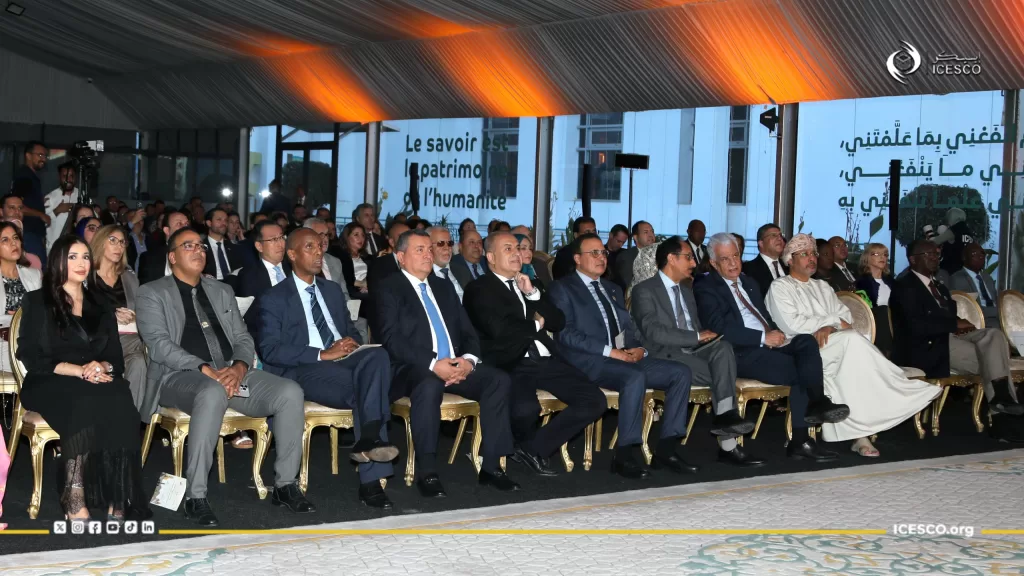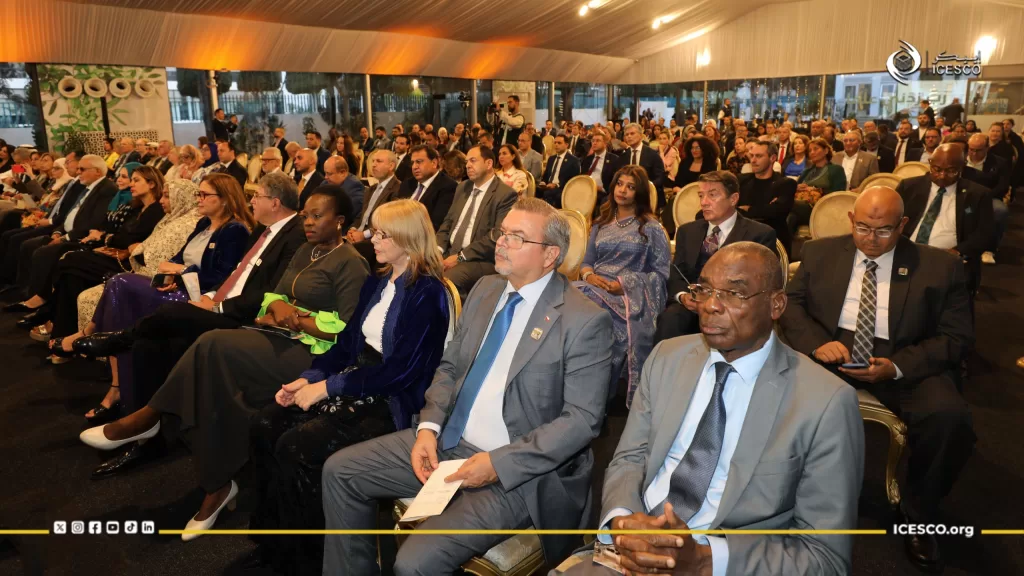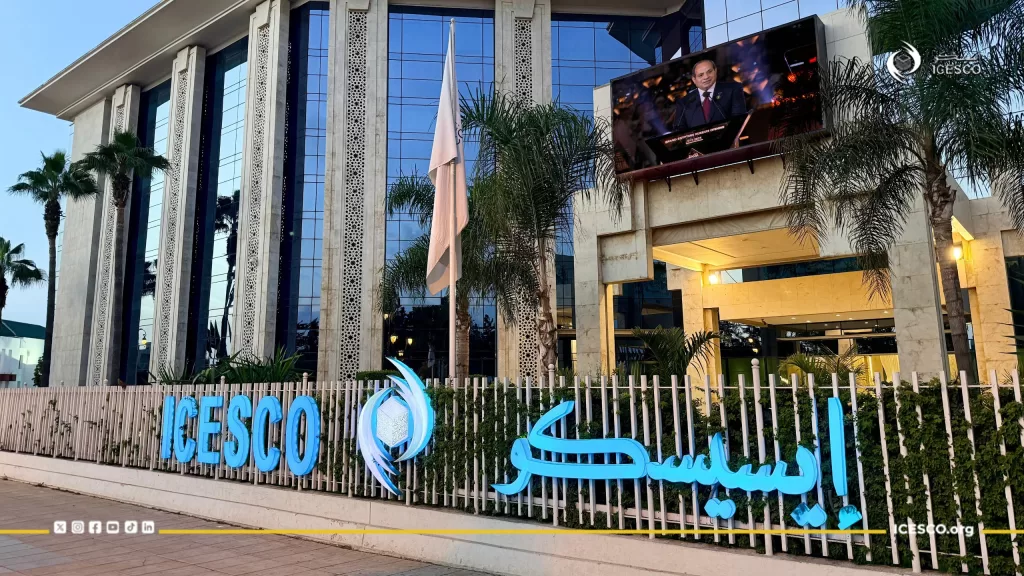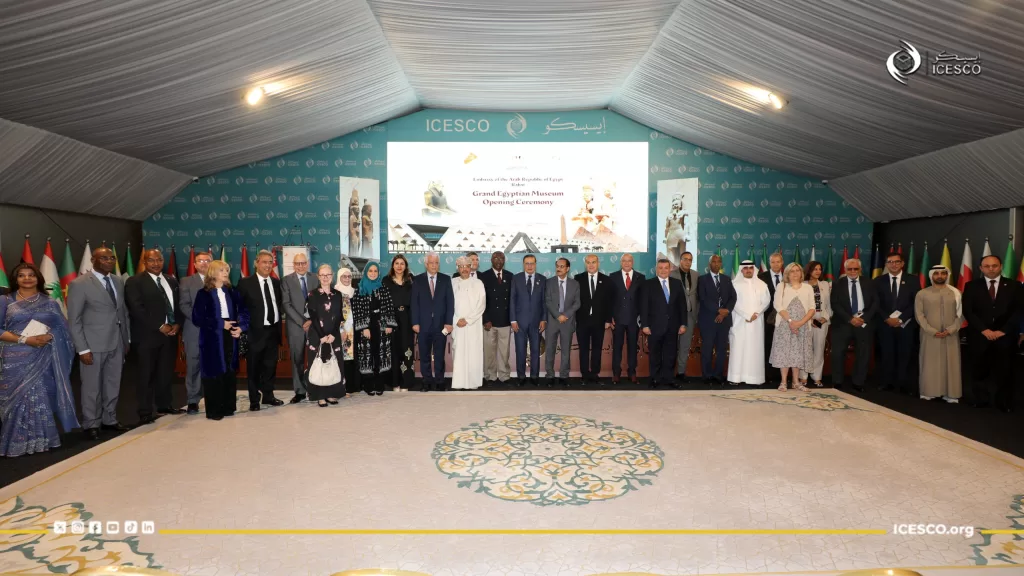The Islamic World Educational, Scientific and Cultural Organization (ICESCO) launched on Sunday, November 9, 2025, the animated film, “Show Me Your Smile”. The launch was part of the activities of the International Children’s and Youth Book Fair in Casablanca, in partnership with the Ministry of Youth, Culture and Communication in the Kingdom of Morocco, the Global Network of Religions for Children, and the Conference of Education Ministers in French Speaking States (CONFEMEN). The film screening saw the participation of 50 children, along with officials, experts, educators and media professionals.
The film “Show Me Your Smile” was produced as part of a program supervised by ICESCO’s Social and Human Sciences Sector and carried out by the Organization’s Media and Communication Sector. The film aims to combat bullying in schools through a creative visual story that raises awareness about the dangers of bullying and highlights ways to prevent its psychological, educational, and social impacts.
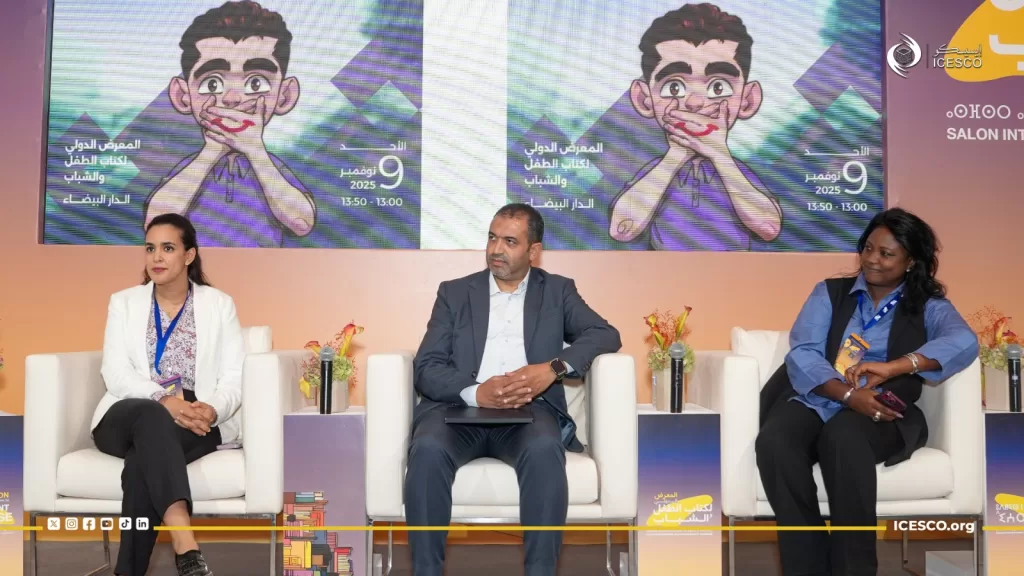
During the launch ceremony, Ms. Ramata Almamy Mbaye, Head of ICESCO’s Social and Human Sciences Sector, explained that the production is part of the “StopBully Program”, which includes a range of educational tools designed to protect childhood and promote well-being in schools through value-based education and the development of positive interaction skills.
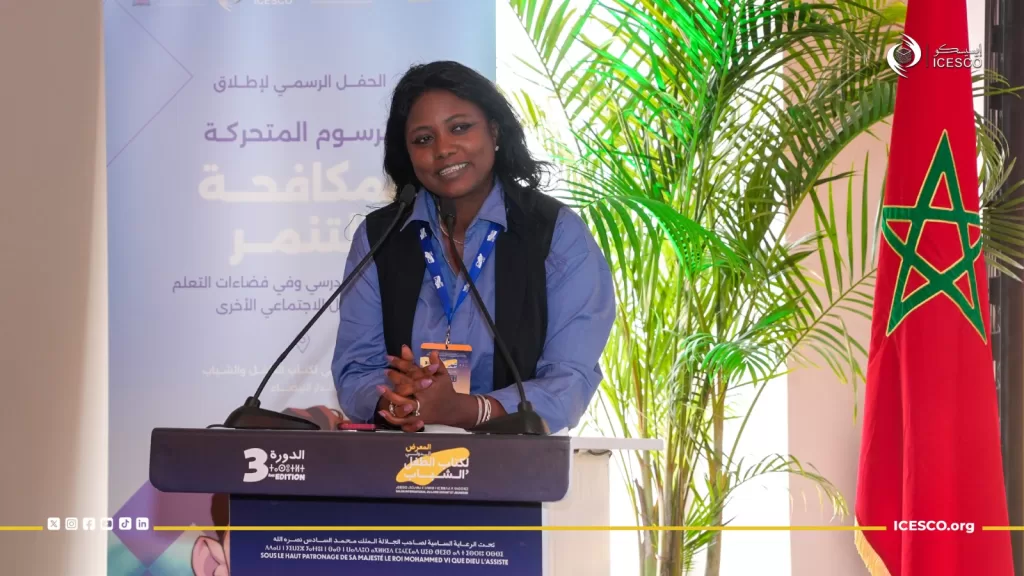
For her part, Ms. Kenza Abourmane, Director of the Youth Sector at Morocco’s Ministry of Youth, Culture, and Communication, commended the Ministry’s cooperation with ICESCO in producing educational content for children and adolescents. She highlighted the alignment of this project with national efforts to combat violence in schools and expressed the readiness of cultural institutions under the Ministry to host screenings and parallel discussions that emphasize the film’s messages and values.
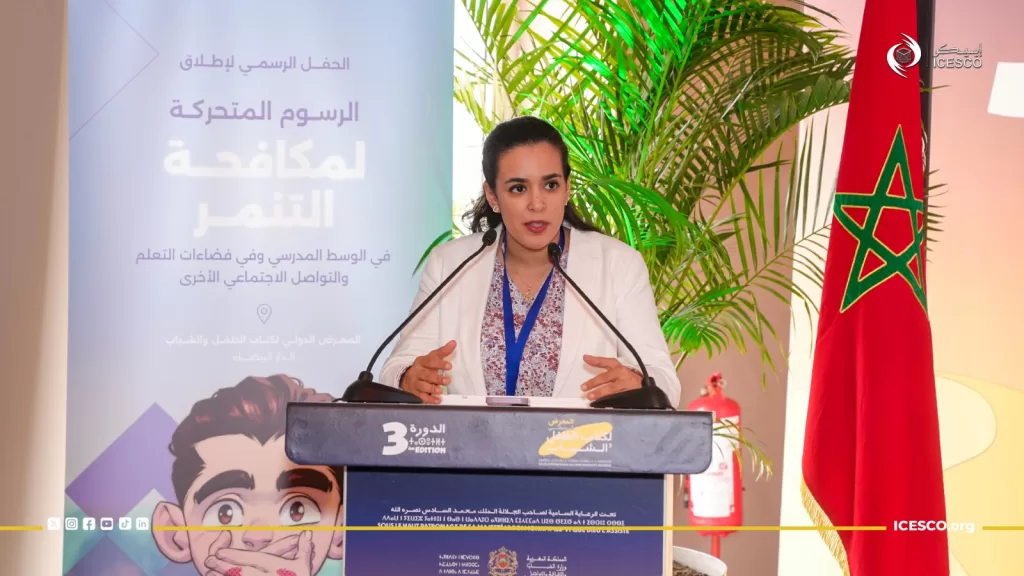
In a video address, Mr. Abdel Rahamane Baba-Moussa, CONFEMEN Secretary-General, extended his thanks to Dr. Salim M. AlMalik, ICESCO Director-General, for this initiative that conveys moral and educational messages. He stressed that the film serves as an educational tool directed at students of different age groups.

Meanwhile, Mr. Mustafa Y. Ali, Secretary-General of the Global Network of Religions for Children (GNRC), stressed that “a safe child is the foundation of a safe world,” which is in line with ICESCO’s vision and its continuous support for initiatives that promote and uphold this principle.
Mr. Karim Hamidouche, Acting Secretary-General of the Moroccan National Commission for Education, Science and Culture, also commended ICESCO’s efforts to strengthen the education system and enhance safeguards for children across its Member States.
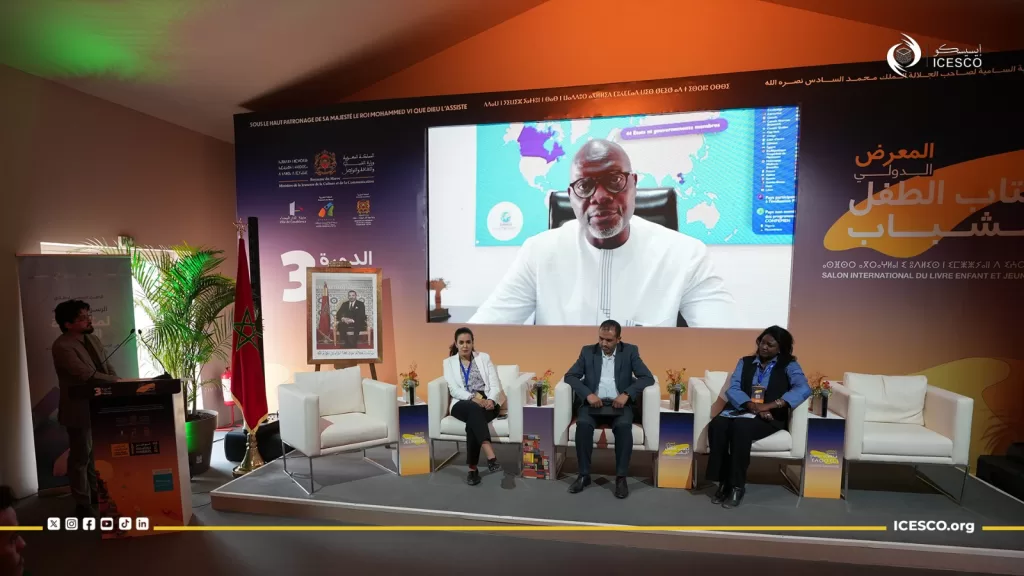
Following the screening, a discussion was held with the participating children, who shared their experiences and ideas to help prevent bullying. They emphasized the importance of seeking support when needed, and the role of families, schools, and educators in early prevention of both school and cyberbullying.
